【SPEECH】Modernizing Budgeting: Addressing Challenges and Exploring Alternatives
Written by Priscilla Diani Kumaradewi
In the fast-evolving landscape of modern business, traditional budgeting practices, once a staple of corporate management, are increasingly coming under scrutiny. Dr. Joe Lee, a Certified Public Accountant from the Norwegian School of Economics (NHH), was invited to give a lecture on Accounting for IBBA students. He highlighted the pitfalls of traditional budgeting and explored innovative alternatives that align better with today’s dynamic environment.
He started his lecture by introducing the traditional budgeting process. Traditional budgeting, often encompassing the entire performance management process, has significant drawbacks, primarily its time-consuming nature. Dr. Lee notes that it involves multiple iterations and extensive back-and-forth negotiations, stretching over four to five months, making it both time-intensive and costly. Originally designed in the 1970s to set reasonable targets based on the assumption that employees dislike work and avoid responsibility (Theory X), these methods are now outdated and unsuitable for today's fast-paced business environment. A critical issue is "gaming the numbers," where employees manipulate financial activities to meet budget targets at the expense of long-term goals and ethics. Common tactics include deferring necessary expenditures, shifting funds, and employing temporary staff. Additionally, "budget games", such as negotiating the lowest targets for the highest rewards and prioritizing sales over customer care, foster internal competition, and distrust, and hinder collaboration, ultimately harming organizational efficiency. Dr. Lee mentioned several psychological factors that complicate traditional budgeting, such as self-serving bias (crediting oneself for successes and blaming external factors for failures), self-enhancement (preserving a positive self-image), and a general lack of trust. Personality traits like Machiavellianism further exacerbate these issues by fostering manipulation and self-interest over team goals. To address these challenges, alternative methods like the Balanced Scorecard and Beyond Budgeting have been developed. The Balanced Scorecard broadens the focus beyond financial metrics to include customer satisfaction, internal processes, and long-term growth, aiming to establish a more balanced and sustainable performance management system.
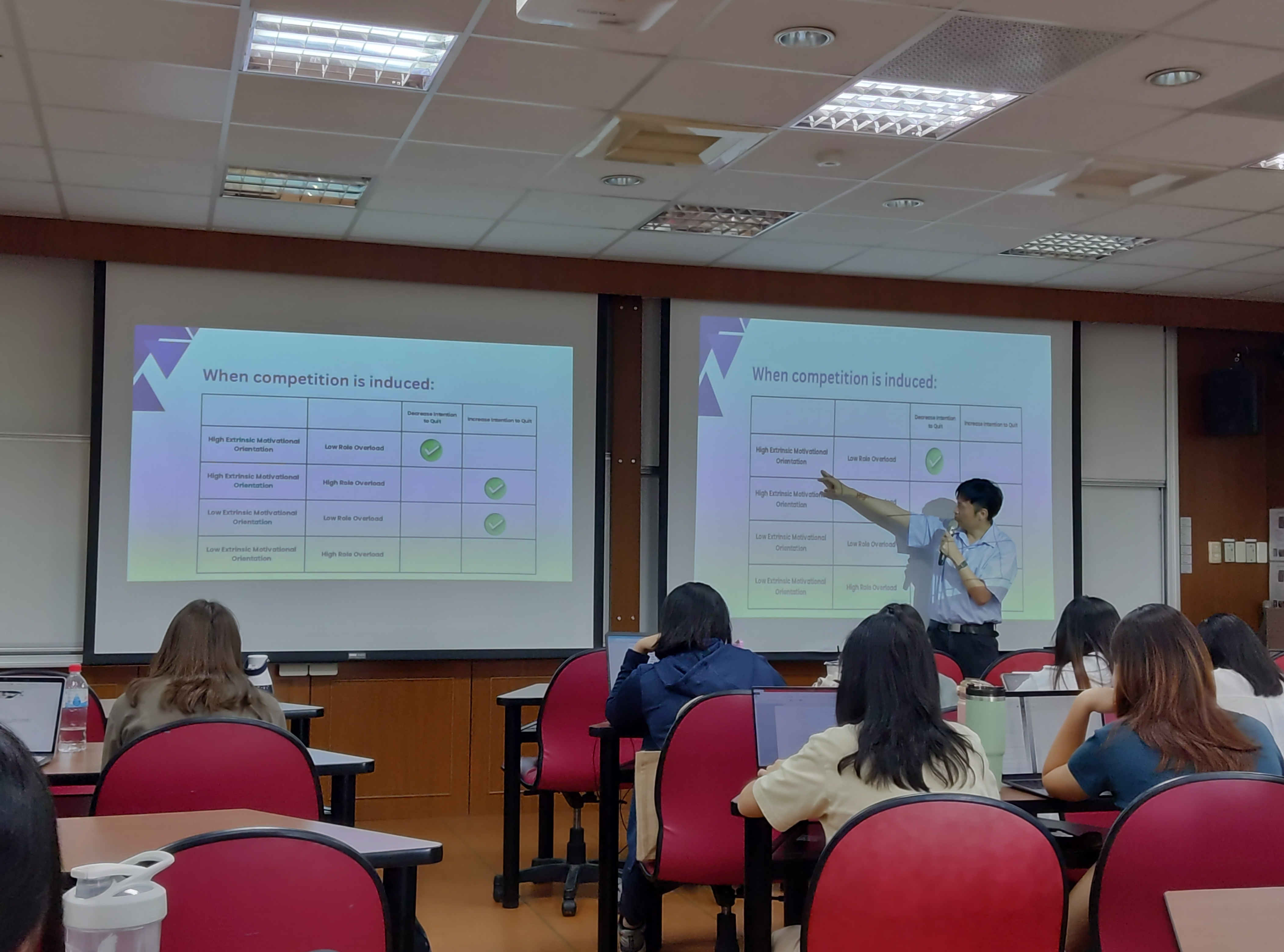

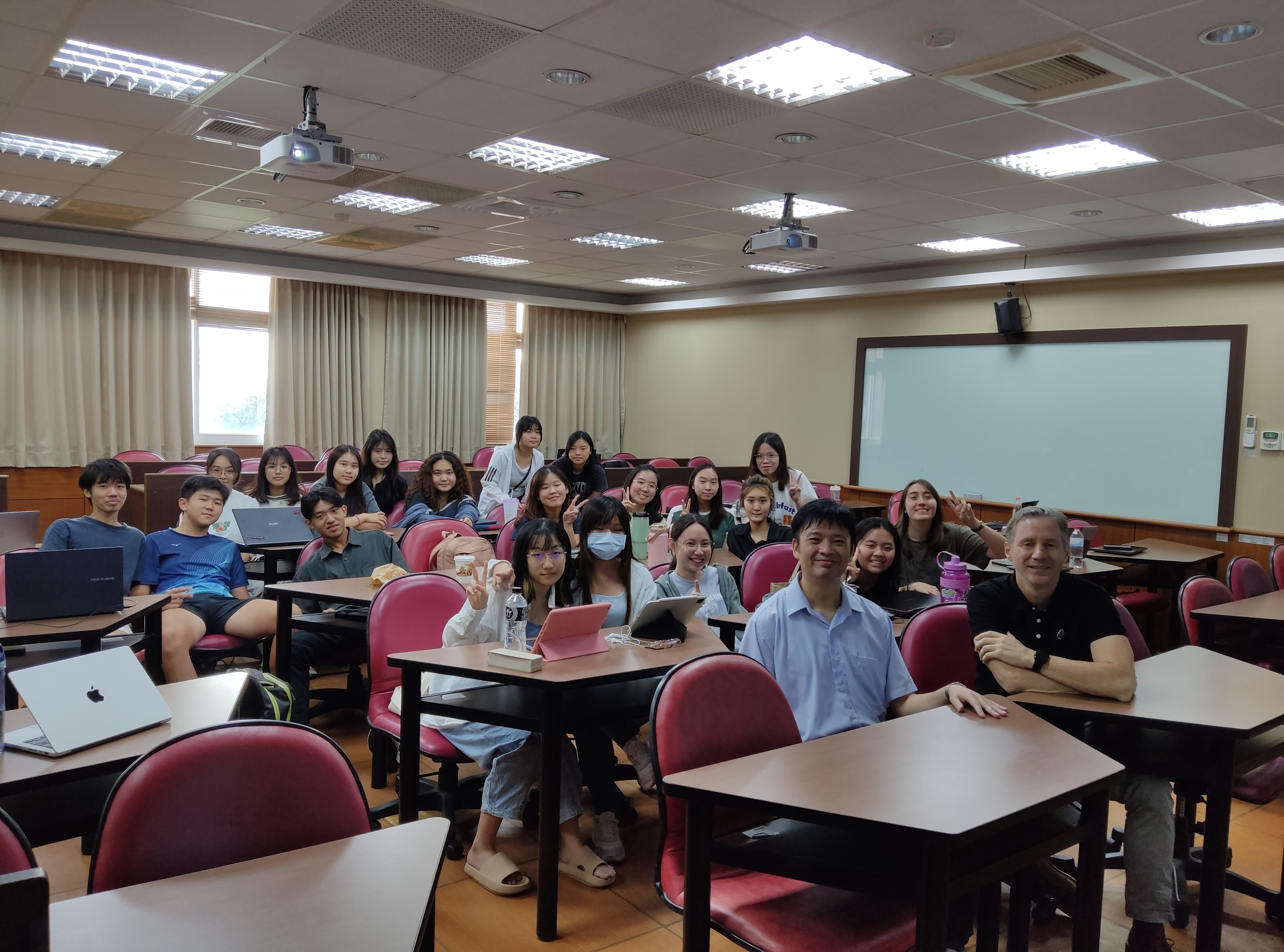
Beyond Budgeting, on the other hand, advocates for abandoning traditional budgets altogether. It emphasizes decentralized leadership, empowering employees, and using rolling forecasts. Instead of rigid budgets, organizations set high-level Key Performance Indicators (KPIs) such as return-on-capital, customer satisfaction, and efficiency improvements. This approach allows for greater flexibility and adaptability, although it remains less widely adopted due to perceived risks and the challenge of evaluating performance without traditional budgets.

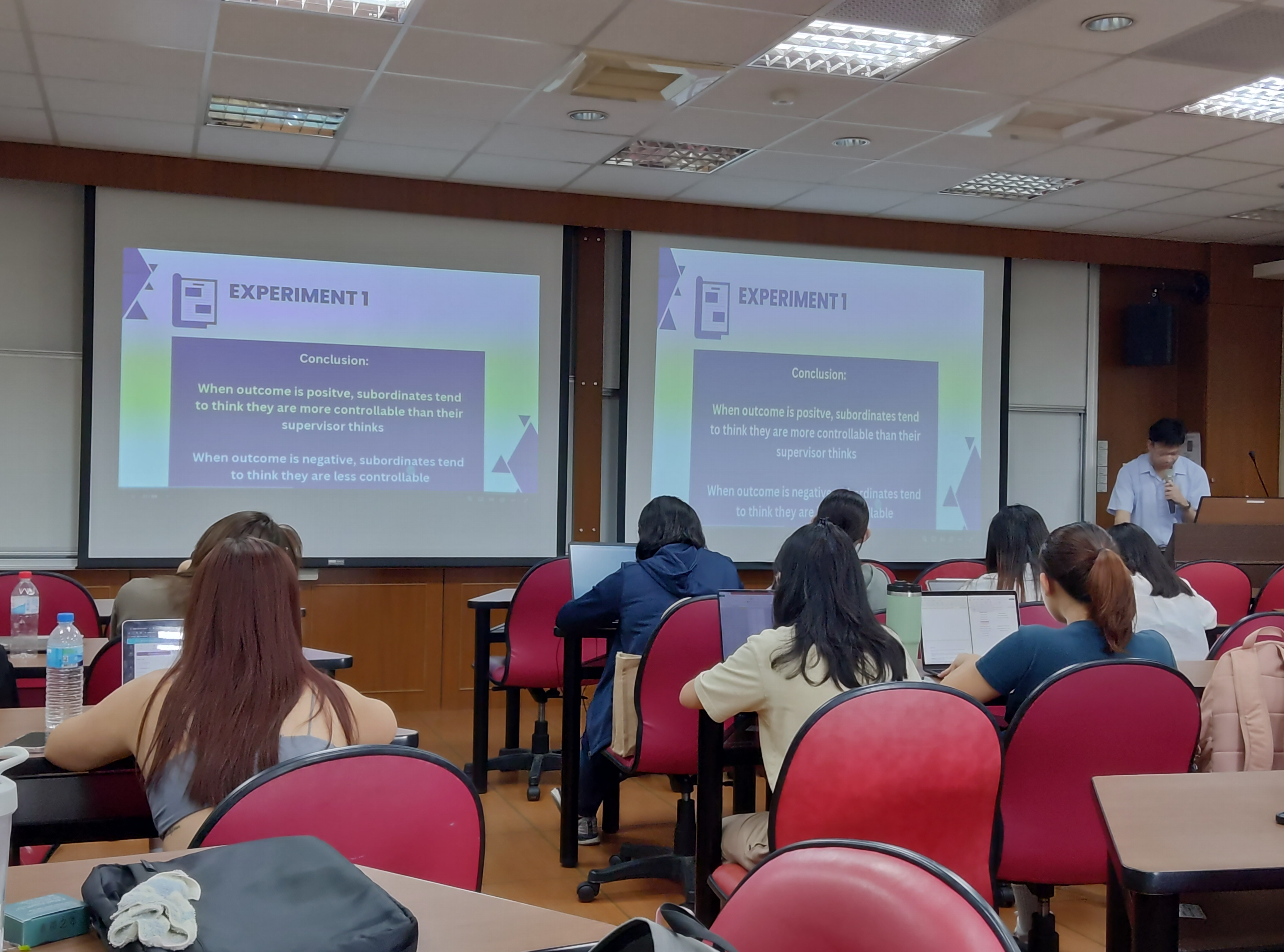
Competition within organizations can have both positive and negative effects on performance. While competition can drive motivation and performance, as seen in some sports and corporate environments, it can also lead to adverse outcomes like knowledge hiding, emotional exhaustion, and unethical behavior. The notorious Enron case exemplifies how extreme competition and a focus on ranking employees can result in widespread cheating and manipulation. Applying Beyond Budgeting principles to government spending poses unique challenges. Governments often seek to control budgets to manage uncertain revenues and expenditures. While Beyond Budgeting offers flexibility, its adoption in the public sector remains limited due to the inherent risks and difficulties in performance evaluation.
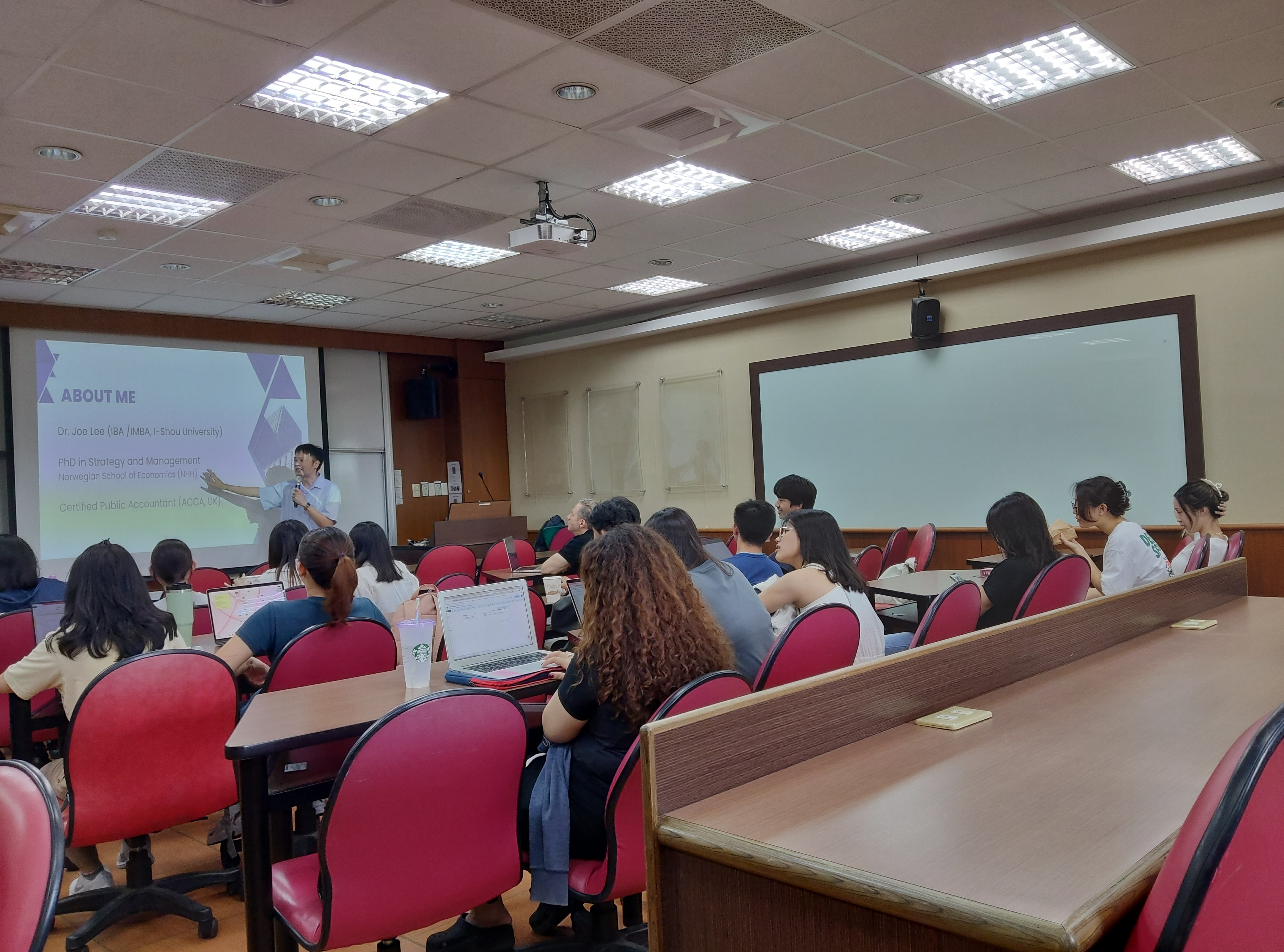
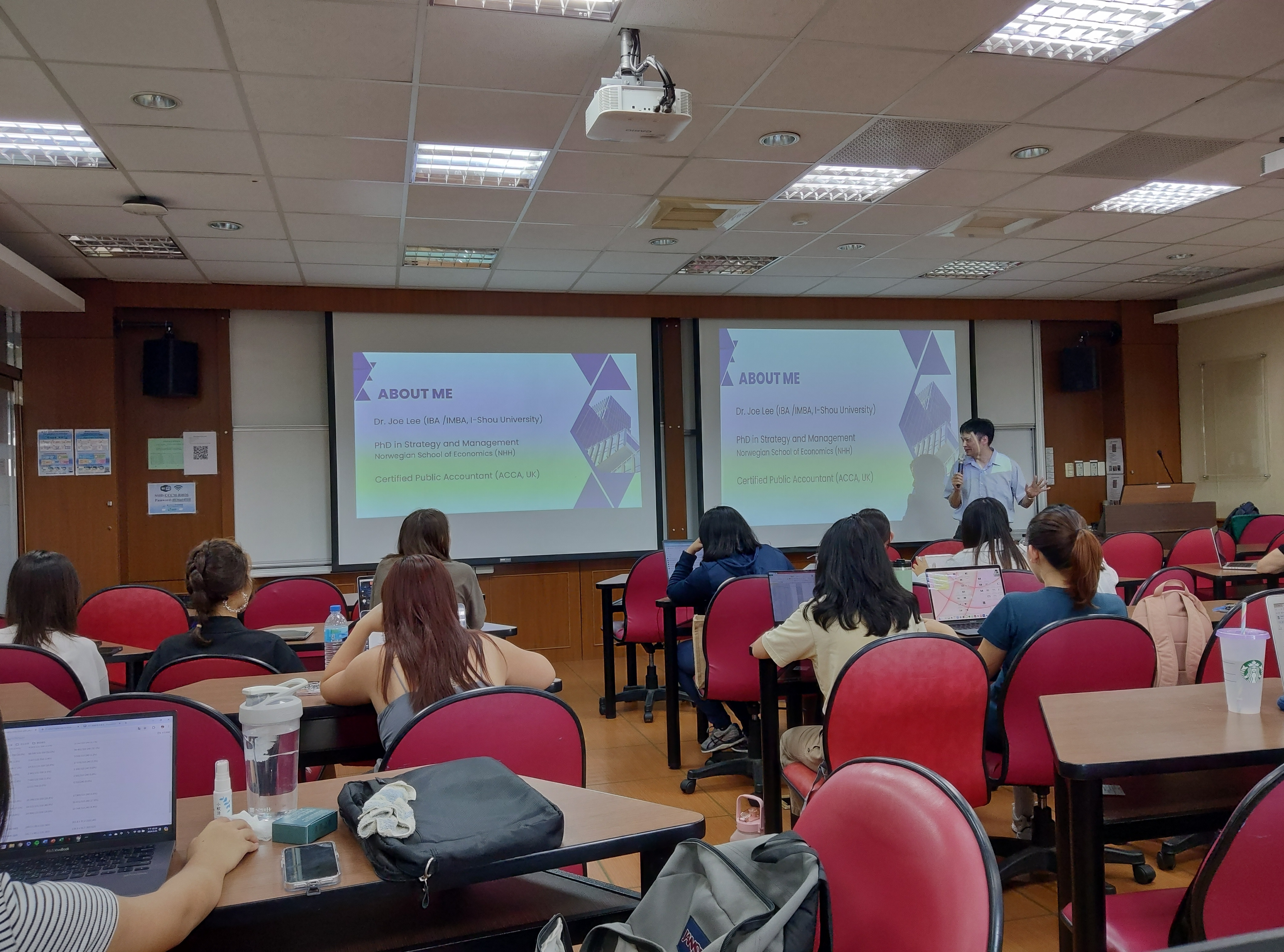
Dr. Joe Lee’s insights underscore the need for a shift from traditional budgeting practices to more flexible and holistic approaches. While the transition may involve risks and challenges, the potential benefits in terms of efficiency, trust, and long-term success make it a compelling option for modern organizations. As businesses continue to navigate an increasingly complex and competitive landscape, embracing innovative budgeting methods could be key to unlocking sustainable growth and fostering a healthier corporate culture.

